Council to decide on formal civic input process for residents
The City Council will choose tonight whether or not to bring on an organization to aid in the creation of a Civic Assembly or similar input vehicle for Culver City's budget formulation process
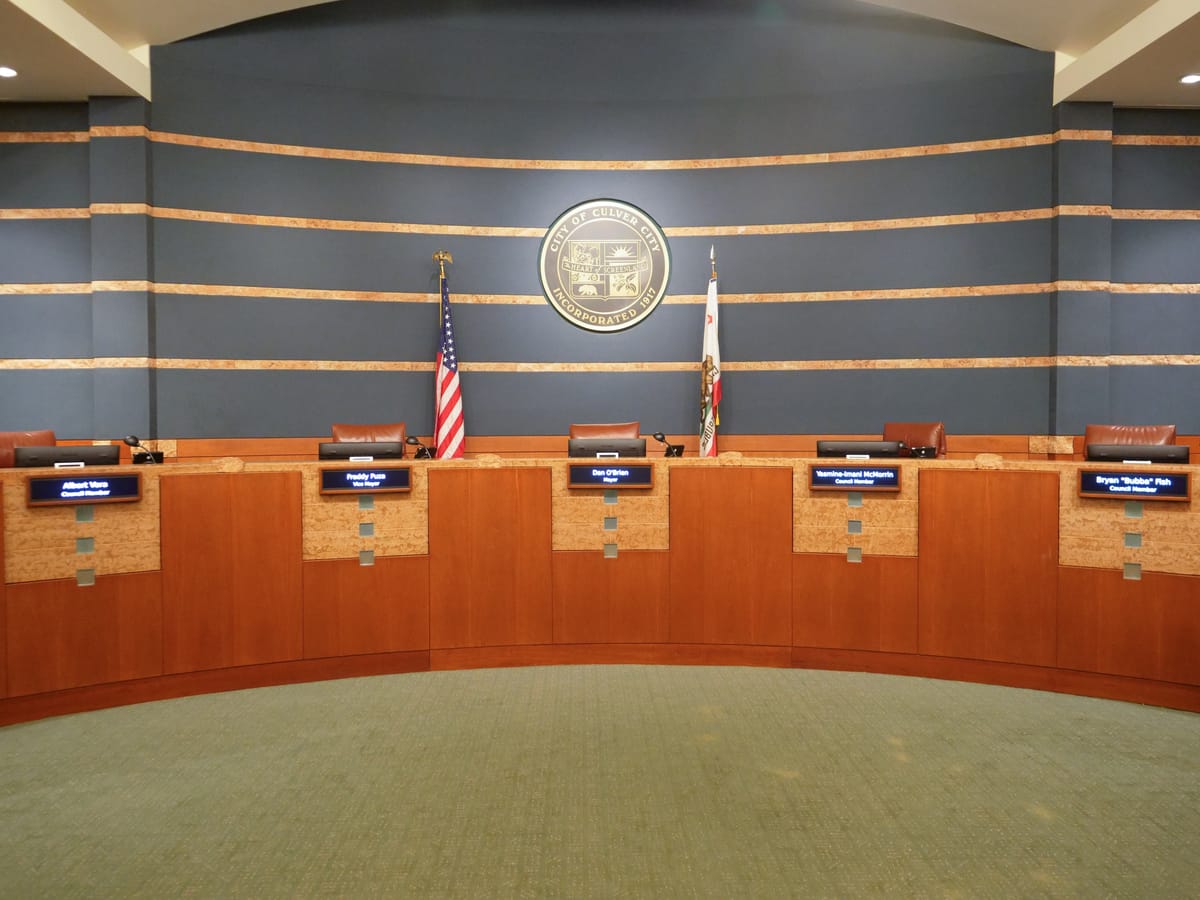
After quickly soliciting proposals from interested firms, the Culver City City Council will decide whether to create a process to integrate formal resident proposals into the budget process at tonight's meeting, starting at 7 p.m.
Models and price tags from six different entities will be considered tonight. The costs for this project could range from $163,000 to $506,000 based on the proposals considered tonight, but the council motion on Oct. 27 leading to tonight's meeting has set a $250,000 spending cap.
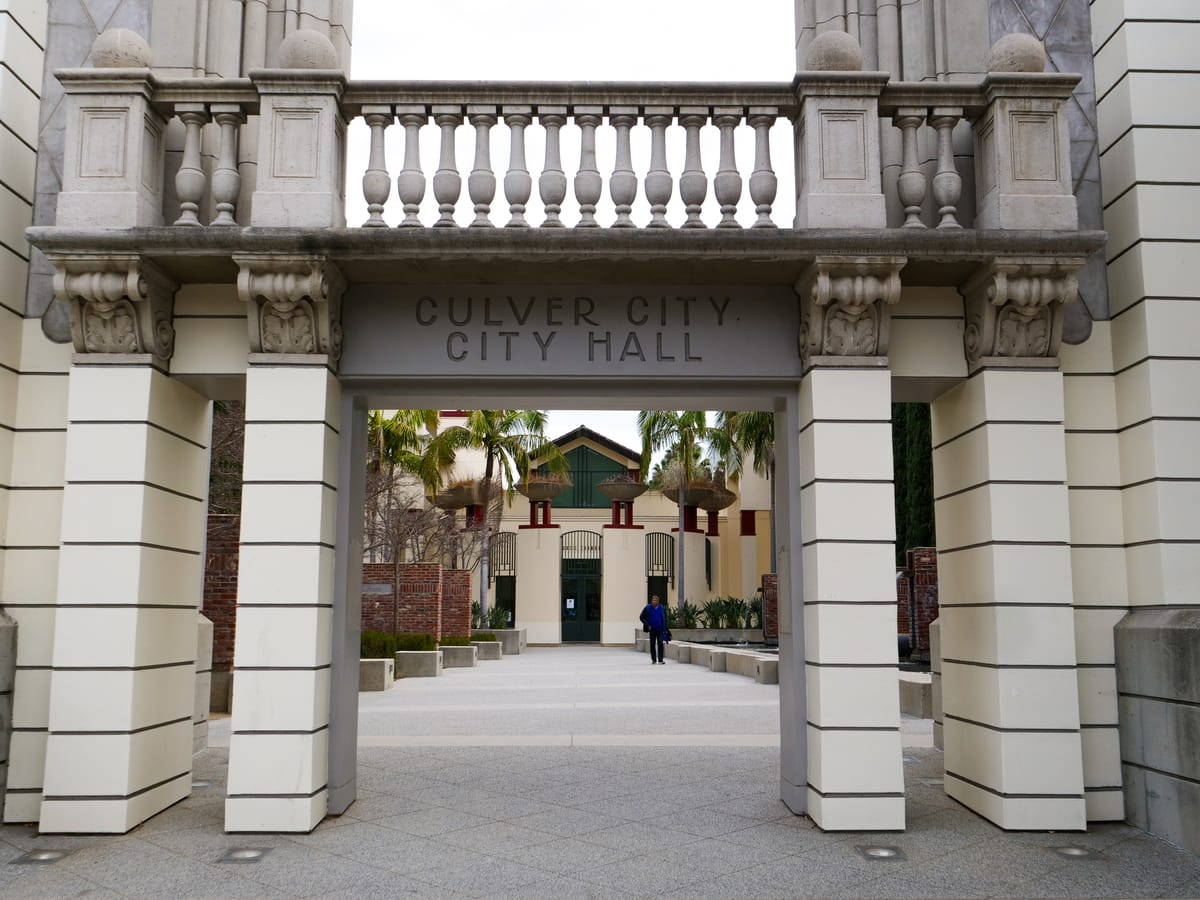
Here's what you need to know about tonight's deliberation:
What is a Civic Assembly?
At its core, a Civic Assembly process involves creating a semi-random, demographically representative body of Culver City residents that will make official recommendations to the city council. While residents have a say through public comments and emails to council members, a Civic Assembly would give residents a way to provide input for the council to formally consider as part of the budget process.
This pool of delegates for a civic assembly is determined through a lottery process called sortition, which selects one of several potential assemblies composed of Culver City residents that reflect its demographics.
Flyers will be sent to residences throughout Culver City to gauge interest and identify the names to include in the pool of potential assembly members. The names of those who responded are organized into several potential assemblies, each representing the overall makeup of Culver City, and the Civic Assembly is chosen at random from among them.
Once this body is created, measures must be taken to ensure members of the new assembly have the ability to make educated and informed choices. Local experts will be brought on and tasked with ensuring the members of the newly formed body have the tools and understanding to engage with the budget properly.
Members of this body would then convene to discuss the various priorities they have for the city's budget before formalizing official recommendations to present to the City Council for consideration. The Civic Assembly would be an advisory body subject to the Brown Act, which would require that assembly meetings be open to the public and criminalize any budget discussions between assembly members outside of official meetings.
Another Potential Choice?
Six organizations have proposed methods to create an avenue for official citizen recommendations in the budget process, most of which involve a Civic Assembly model.
The list of organizations is as follows, ordered as they are in the city's staff report:
- Healthy Democracy
- National Civic League
- Deliberative Democracy Lab
- Center for New Democratic Processes
- Unify America
- Federation for Innovation in Democracy
While the Civic Assembly concept was the primary vehicle being considered tonight, another method to bring the community closer to the city's processes was proposed. Stanford's Deliberative Democracy Lab — which is part of the school's Center on Democracy, Development, and the Rule of Law — submitted a Deliberative Polling process as a potential solution to improve formal citizen representation.
Bringing together a semi-random, demographically representative group of citizens to discuss issues remains at the core of the method, but potential participants are solicited through a targeted poll instead of flyers requesting simple responses.
Unlike Civic Assemblies, where survey respondents are sorted into demographically representative groups, the polls sent out through this process are distributed to a pool of people determined to be demographically representative. The chosen group would then participate in several online deliberations, where recommendations would be crafted through further poll results.
This Deliberative Polling process also includes more residents than the Civic Assembly proposals. While the options for Civic Assemblies presented to the council tonight range from 20 to 60-person bodies, the Deliberative Polling process would include 200 residents.
How Much Will it Cost Culver City?
Thanks to the motion made at the Oct. 27 city council meeting, the initial $250,000 allocation for this item served as the spending cap for the Civic Assembly efforts, and most of the proposals being considered take that into account.
Each proposal requires spending on similar features that make up the Civic Assembly process, including the selection lottery, process management, and delegate support. Delegates will also receive a stipend for their participation, adding additional financial considerations.
Notably, the proposal from the National Civic League is significantly less cost-intensive than the others, with one not including a cost projection at all. Most of the projects sit at or just below the $250,000 cap set by the council, but the National Civic League proposal has options costing $87,000 or $100,000 less than the $250,000 cap.
As a result, the National Civic League has also included a $50,000 project to gather resident input on the improvement of public meetings. Even when including this additional effort, the National Civic League's $213,000 model would be the least expensive proposed tonight.
Unify America included the costs of additional outreach and follow-up services after the initial assembly, leading to an inflated $500,000 price tag. As a one-year pilot project, $276,000 would be required to run the complete Civic Assembly under the Unify America model.
Most proposals also include travel and staffing costs, but these costs make a much larger percentage of the Center for New Democratic Processes proposal than others. On the other hand, the Deliberative Democracy Lab did not include expenses related to staff time or travel. Instead, the group included a "DDL Fee" of $50,000 for the work to be done by the Lab.
For more information on the item being considered at tonight's meeting, which can be streamed online via the city's website or YouTube channel, click here.

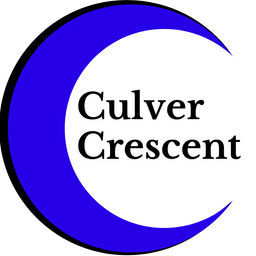
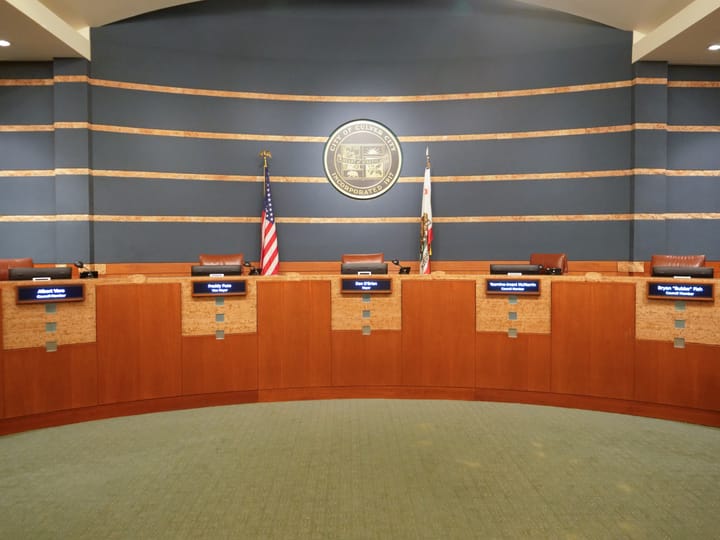
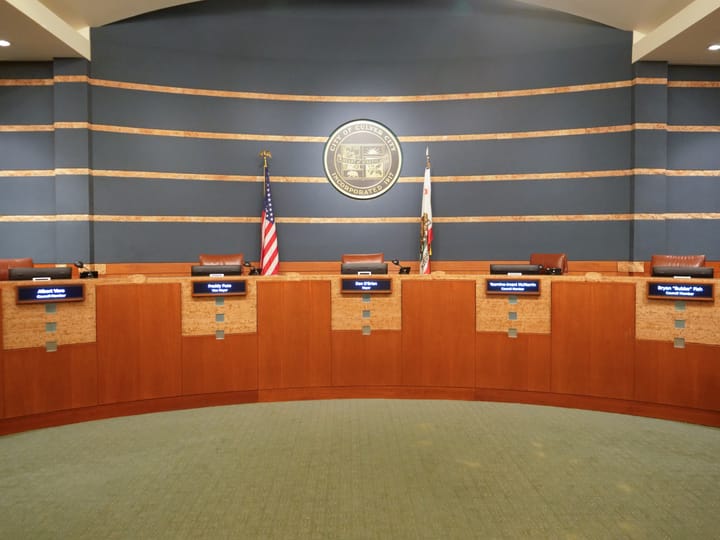
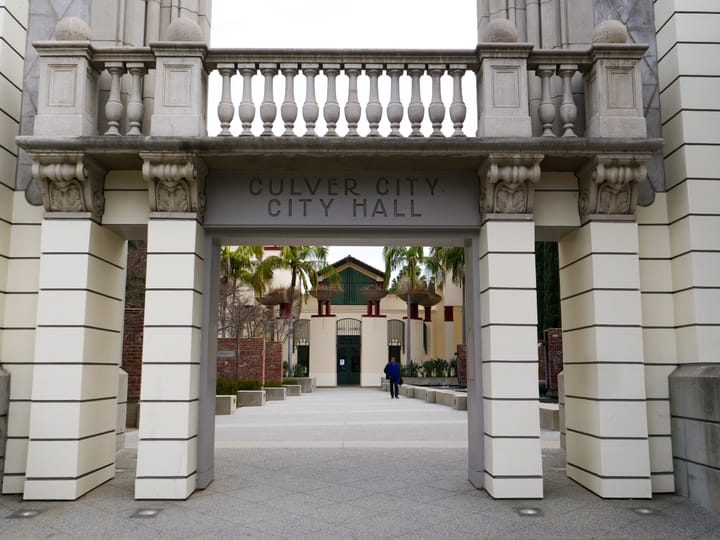
Comments ()